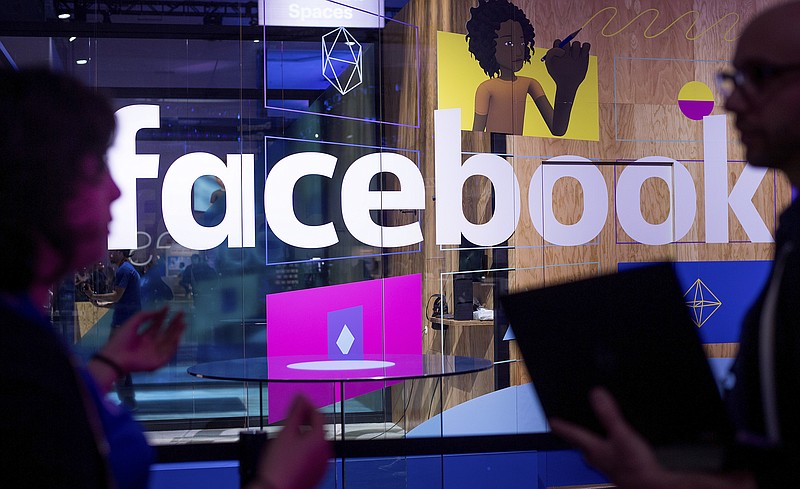LONDON (AP) — Social media giants like Facebook and Google came under increasing pressure in Europe on Monday when countries proposed stricter rules to force them to block extreme material such as terrorist propaganda and child porn.
Britain called for a first-of-its-kind watchdog for social media that could fine executives and even ban companies. And a European Union parliamentary committee approved a bill giving internet companies an hour to remove terror-related material or face fines that could reach into the billions.
“We are forcing these firms to clean up their act once and for all,” said British Home Secretary Sajid Javid, whose department collaborated on Britain’s proposal.
Opponents warned the British and EU measures could stifle innovation and strengthen the dominance of technology giants because smaller companies won’t have the money to comply. That, in turn, could turn Google and Facebook into the web’s censors, they said.
The push to make big social media companies responsible for the torrent of material they carry has largely been driven by Europeans. However, it picked up momentum after the March 15 mosque shootings in New Zealand that killed 50 people and were livestreamed for 17 minutes. Facebook said it removed 1.5 million videos of the attacks in the 24 hours afterward.
The U.S., where government action is constrained by the First Amendment right to free speech and freedom of the press, has taken a more hands-off approach, though on Tuesday, a House committee will press Google and Facebook executives on whether they are doing enough to curb the spread of hate crimes and white nationalism.
Australia last week made it a crime for social media platforms not to quickly remove “abhorrent violent material.” The offense would be punishable by three years in prison and a fine of $7.5 million, or 10 percent of the platform’s annual revenue, whichever is larger. New Zealand’s Privacy Commissioner wants his country to do the same.
The British plan would require social media companies such as Facebook and Twitter to protect people who use their sites from “harmful content.” The plan, which includes the creation of an independent regulator funded by a tax on internet companies, will be subject to public comment for three months before the government publishes draft legislation.
“No one in the world has done this before, and it’s important that we get it right,” Culture Secretary Jeremy Wright told the BBC.
Facebook’s head of public policy in Britain, Rebecca Stimson, said the goal of the new rules should be to protect society while also supporting innovation and freedom of speech.
“These are complex issues to get right, and we look forward to working with the government and Parliament to ensure new regulations are effective,” she said.
Britain will consider imposing financial penalties similar to those under the EU’s online data privacy law, which permits fines of up to 4 percent of a company’s annual worldwide revenue, Wright said. In extreme cases, the government may also seek to fine individual company directors and prevent companies from operating in Britain.

